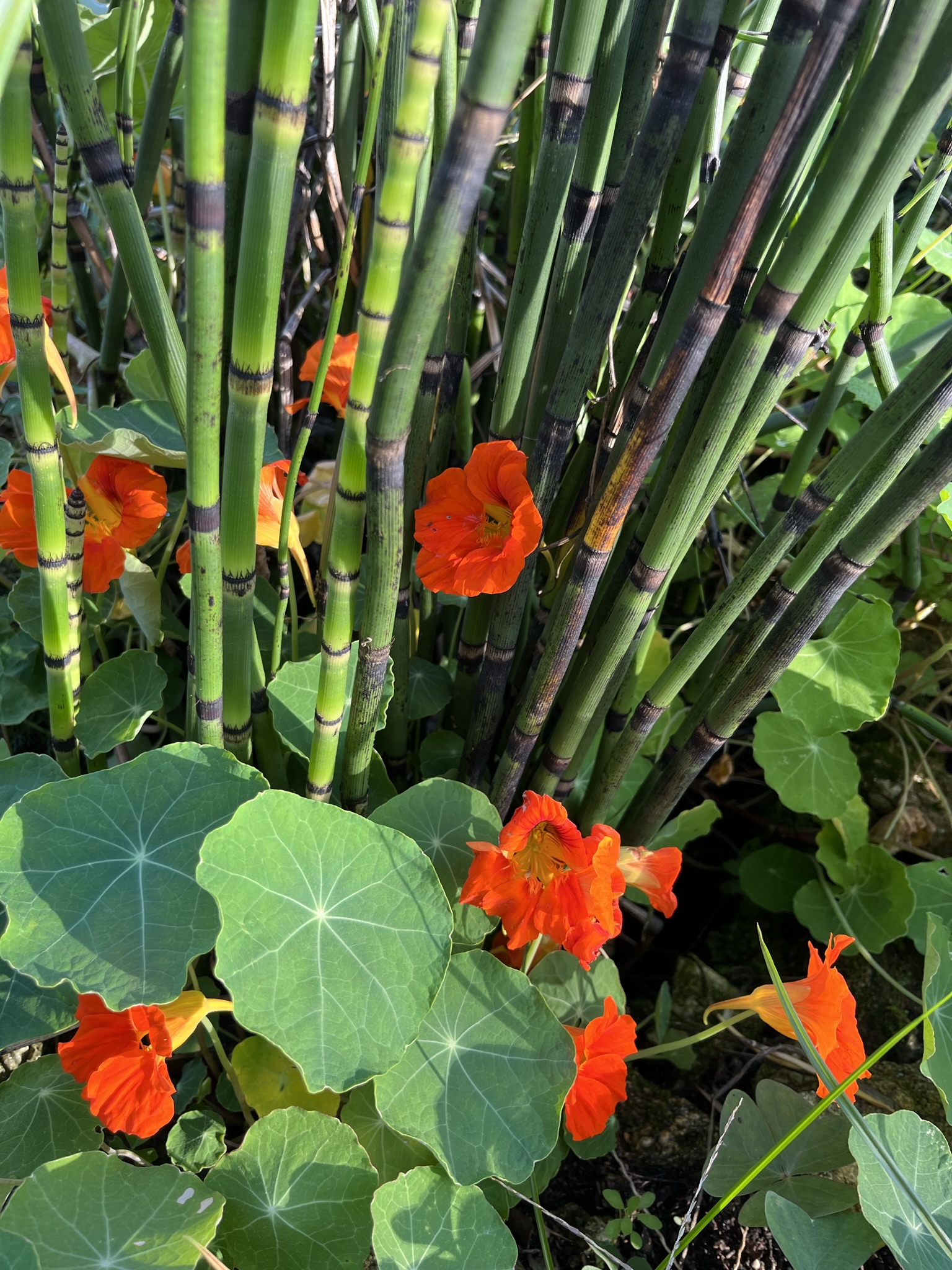I once thought that gratitude was just a series of words you said and that it doesn’t get you far but it is definitely good practice to express to stay in good relations with others. Lol. So why is it that gratitude is so powerful? And – according to some stuff I’ve read over the years – that it is often the cornerstone of a fulfilling life from developing self-regulating and self-healing skills? Seriously, are you kidding? Society whose feelings are focused on lack rather than abundance, in seeing a small pond of water (oasis) in the desert will say, “How little water there is !” Instead of: “There is water here. We are truly blessed!”
In what areas of your life are you practising lack rather than abundance? Probably a few. Think from the material to the emotional areas of your life (including relationships). How can we shift from this chronic focus on lack and why bother? Before answering, note that this does not mean that unfulfilled needs don’t require our attention. They do. Or they will result in hurt and trigger fear responses (frustration, outright anger, which can lead to depression etc) because unfulfilled basic human needs are the equivalent of being in that desert without ANY adequate water whatsoever. Such as adequate nurture, encouraging support from parents or peers, etc. They are basic needs. But for what we do have access to, it turns out we ‘need’ to practice appreciation of, otherwise we will chronically feel unfulfilled. Note the wording for fulfillment is similar to water filling a vessel, water being the primary requirement allowing life to flourish. So, as we get used to constantly noticing what we lack (it’s the thrust message of marketing experts by the way in advertising) we reinforce this behavior of NOT noticing our blessings as few or abundant as they may be. Hence the expression ‘count your blessings’.
It starts as a practice and then becomes more natural over time and eventually one actually incorporates the feeling of blessedness. Feeling it in the body, so it’s not just a passing thought that leaves no trace. Gratitude and feeling our blessings has important physiological consequences in our bodies and impacts our mindset, thoughts, ability to self-care and care for others, and ultimately be the creatures that we are that are especially adept in creating… and leading ‘fulfilling’ lives (that word again!) How do you embody the practice? So that it is not just a thought process but a practice that you feel in your body and is triggering positive – fulfilling – biological responses? Nature is often very helpful to help us ‘embody’ or ‘reconnect’: it can be as simple as making a habit of going for a walk in a garden or forest in which you consciously use several senses (eyes, ears, touch, smell) and deliberately pause at what you see, smell, feel, hear: and reflect on what the texture is like , the quality of the experience ? Where do you feel it in your body? Then continue your walk and pause repeating the exercise several times. If you find it hard to concentrate, first focus on your in and out breath a few minutes, eyes closed, before starting the exercise. This will quiet the usual busy discourse in your mind that is a barrier to sensing your surroundings but also your body’s sensations.
You may or may not notice effects the first day but if you repeat this a few times you likely will notice a shift, and this is simply because our bodies are normally constantly seeking to co-regulate with a natural environment – we are biological beings so an extension of nature after all – but often our bodies are not allowed to because of our culturally conditioned disconnection. We have been trained to NOT feel fully in our bodies. This leads to two trends that are unwholesome : blocking pain responses on one hand (through several means from emotional dissociation to taking substances) and a pandemic yearning and imbalanced dependency for very selective positive feelings like adrenaline induced highs through certain experiences such as a physical sport but it can also arise from aggression-domination behavior or caffeine/nicotine or other substance-induced highs, or also sexually induced highs (without attention to the sacred aspect of relationship). This does not mean though that you can ignore unfulfilled needs, most of us have collected a few over the years given the culture we live in, so on the contrary, it is work that calls you to address your unmet needs and redress them but you will be more equipped to do this exploration in parallel as you practice gratitude. Simply saying thank you, naming the blessings, dwelling on each one as a gift received. This generates a positive biological juice in your body, calms the all too common “fight or flight” adrenaline response that also comes with fear of looking inwards, so with this response neutralised through a calming gratitude practice, you foster more fertile ground for self knowledge to occur.
Through gratitude, you will be able to better learn to identify what parts of you are in the desert without the oasis. The next step is honoring your named pain, giving it space, lean in and listen to it, and from there, develop navigation skills on how to find the oasis. And yep, there is no quick fix , but the beautiful empowering experiences on the path of self healing and self growth – if you decide to embark on it – is well worth it! The path, Camino, or Yanua, from Sanskrit, is actually the destination, not the endpoint. Honoring your pain and different aspects of navigating the Path are topics for another blog post.

